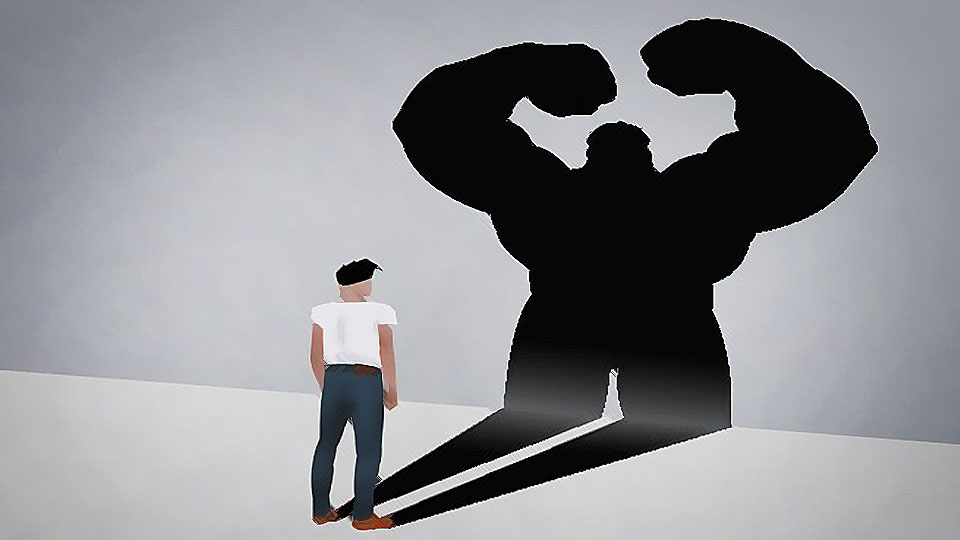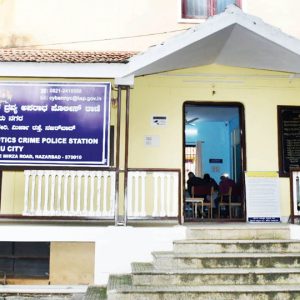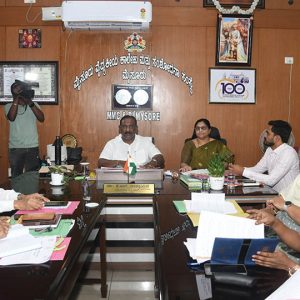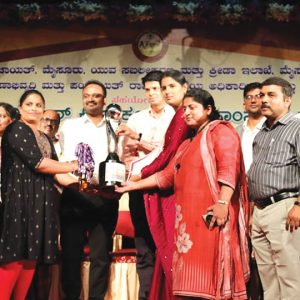An old Kannada saying has the message that the spark displayed by a person in later life is clearly visible in bud stage itself, drawing the analogy from the plant world that a robust tree has its origins in its sapling stage itself, if not at the seed stage. Many a child prodigy in various fields such as music, chess, oratory and so on is featured in the land’s history achieving eminence in the respective field. Name of India’s unchallenged queen of melody Bharat Ratna late M.S. Subbulakshmi (popular by her initials MS) looms large in one’s mind. There have also been a galaxy of child warriors displaying amazing valour and bravery in their later life hosted by different regions of the country, notably Karnataka.
The name of legendary monk and philosopher Adi Shankara has stood the test of time for his scholarly spiritual output even before reaching the age of 10. To expect abilities of extraordinary class such as attributed to the aforementioned legendary figures to be created through schooling in institutions of our times sounds far-fetched.
Parents, who pass off as literati among the masses, consider it their duty and responsibility to take their offspring through the paces of learning, ostensibly to build capability in well-marked chosen fields in the hope of enabling them to stand-on-their-feet as it were in life. The two main factors namely a) The parental support and b) The facilities for learning as provided by the State and private agencies have been widely discussed in various circles while the gamut of issues relating to capability of the land’s workforce are getting complex over time.
Successive generations of the country, during its history of several centuries have engaged themselves in various callings such as agriculture, crafts producing products to meet consumer needs in a wide range, weaving, carpentry, sculpture, music and others after receiving rigorous training with proof of skills, display of capabilities and without certificates and marks card, unlike the mandated practice of our times. The avenues of employment are open only to aspirants who flaunt their degrees and diplomas obtained after years of learning in schools, colleges, polytechnics, Universities and Institutes of Technology. Favouring some sections among the aspirants based on their identity mentioned in the land’s Constitution for admission to institutions offering professional courses and for jobs in the government is aside from capability. That is granted by law of the land.
In the foregoing backdrop of the (dis)connect between capability and certificate (as proof of learning), the reported measure of adopting a new technology by an IT-major of the country to map abilities of its employees should prompt the administration in the government to emulate the corporate. That, many are sure to dismiss as a pipe-dream.








Sir,
When a eight class pass is forced to become a minister for higher education, I do not have any hope ever that our governments will do something like that.